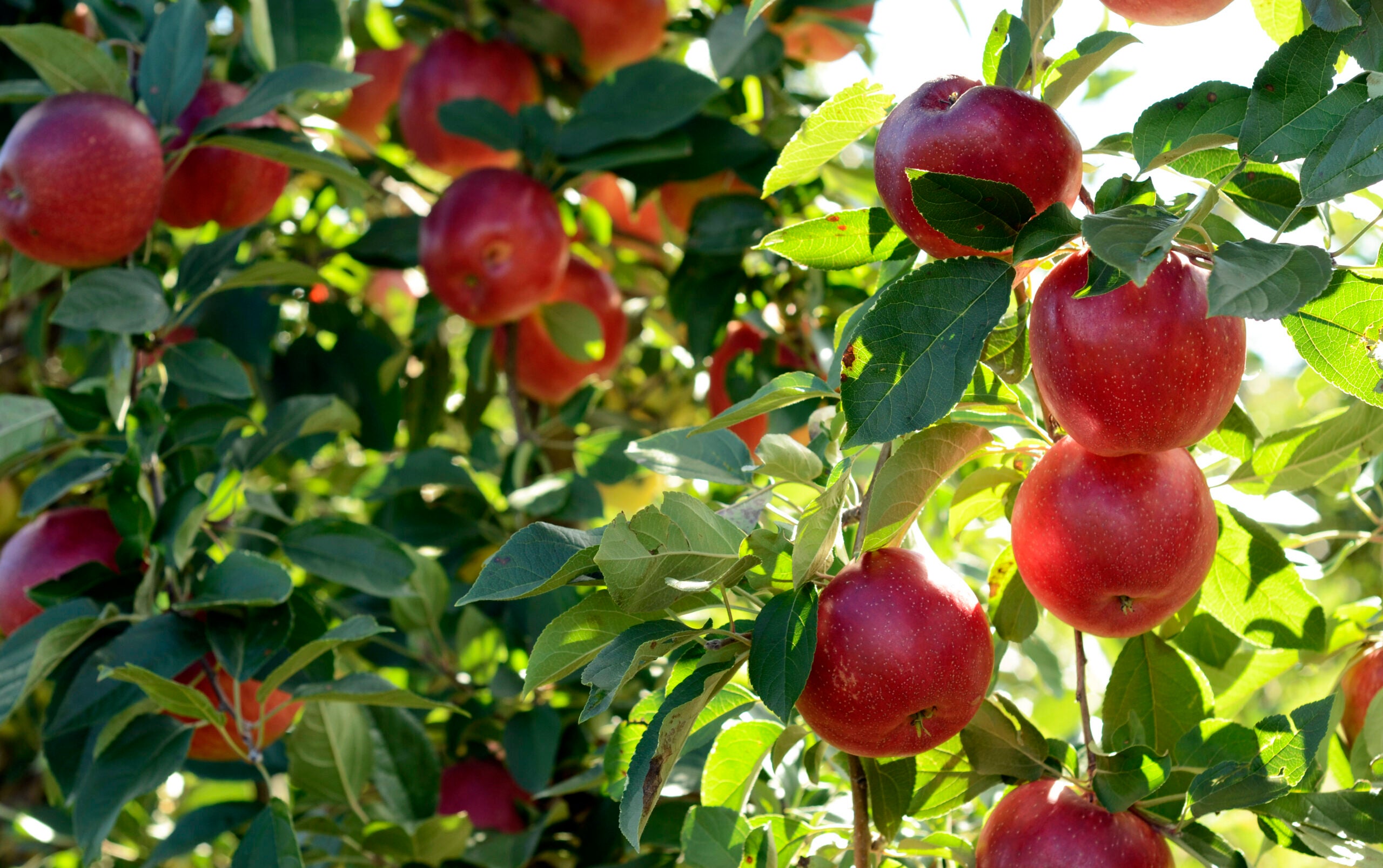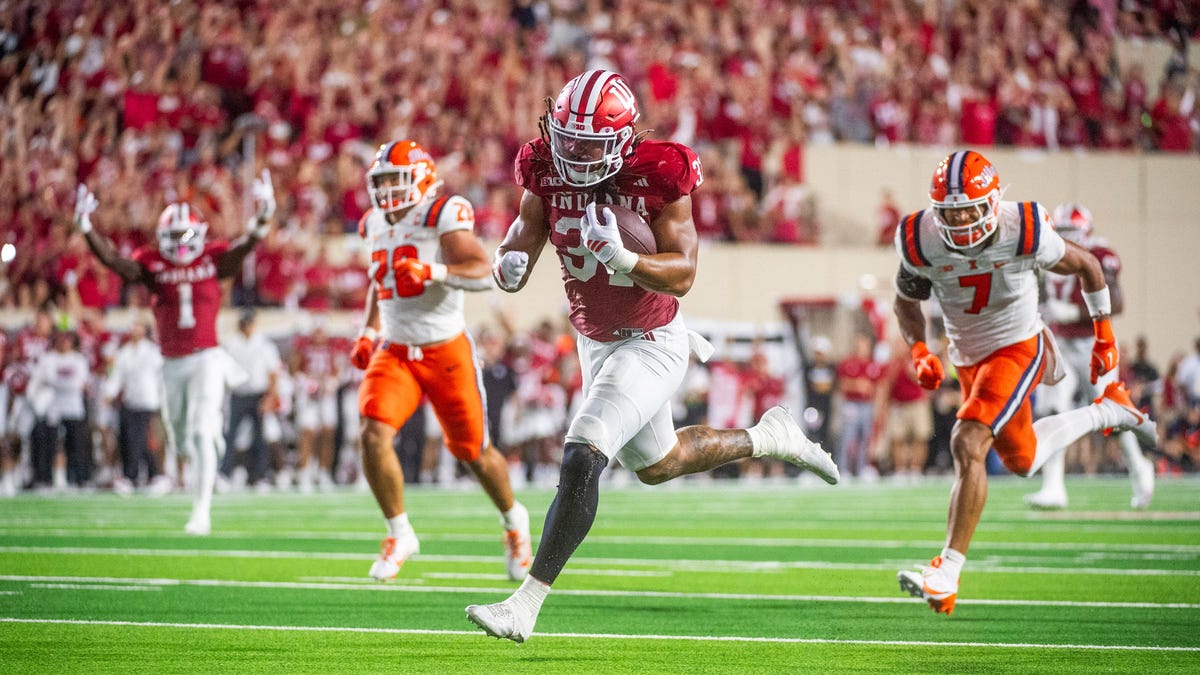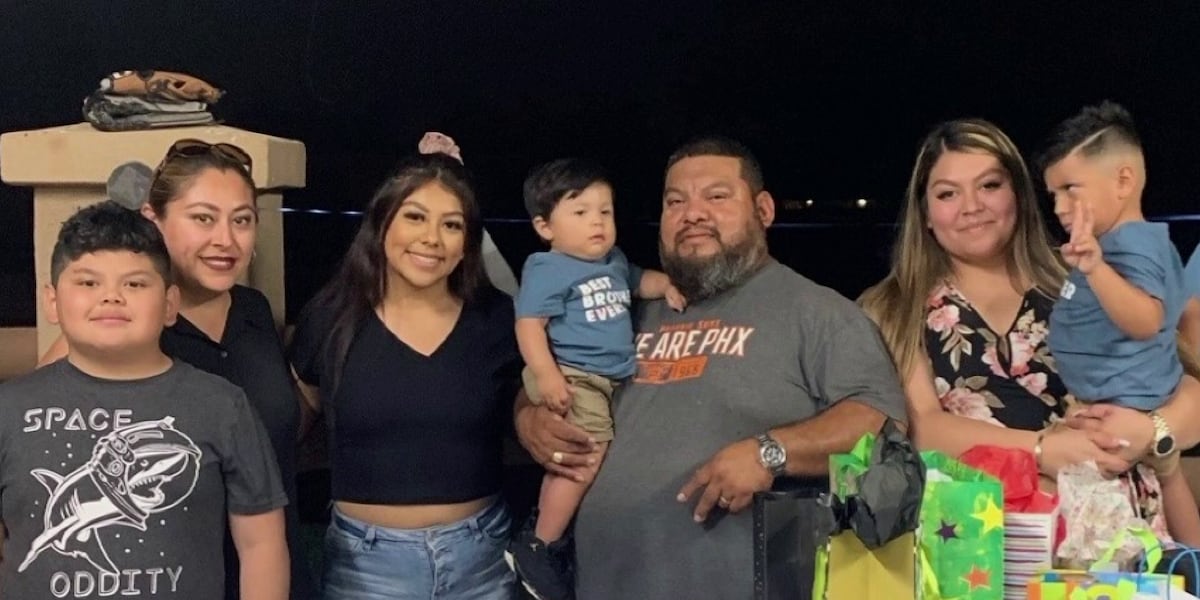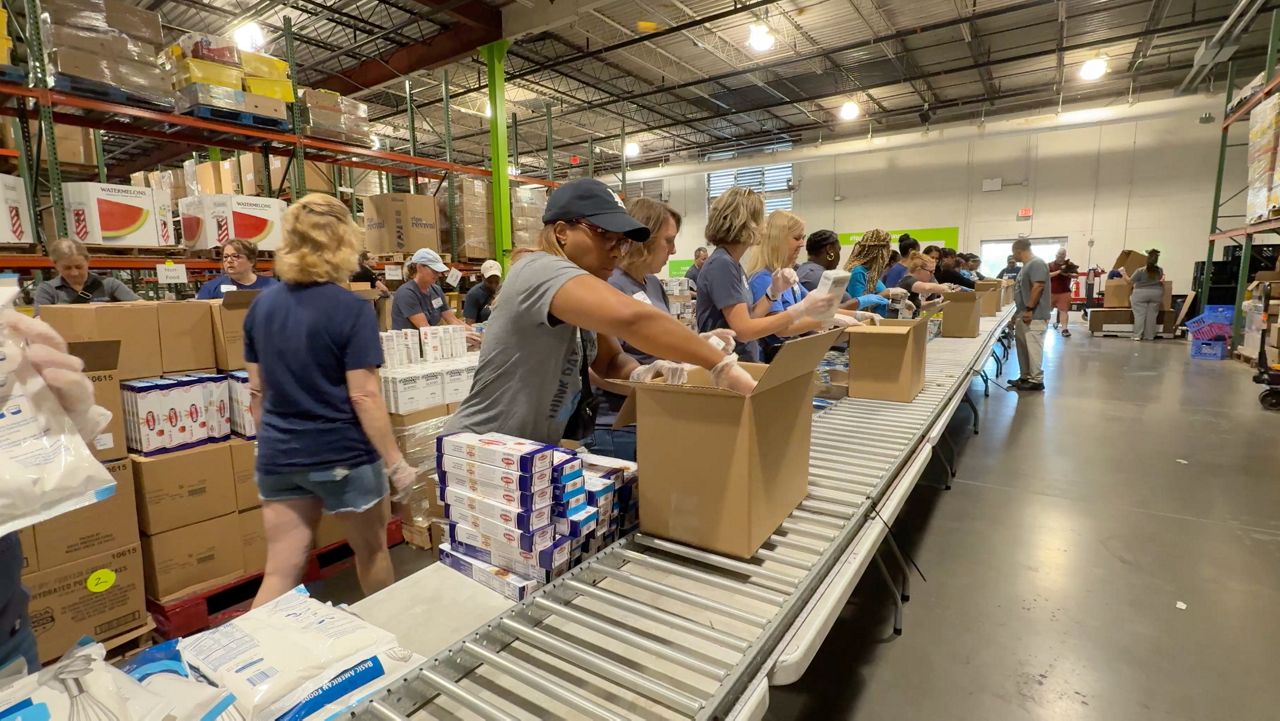Wisconsin
Environmental groups recruit people of color into overwhelmingly white conservation world

BARABOO, Wis. (AP) — Arianna Barajas never thought of herself as the outdoors type. The daughter of Mexican immigrants who grew up in Chicago’s suburbs, her forays into nature usually amounted to a bike ride to a community park.
She was interested in wild animals but had no idea she could make a living working with them until her older brother enrolled in veterinarian school. She took a leap of faith and enrolled at the University of Wisconsin-Madison and became a wildlife ecology major.
This summer Barajas landed an internship designed for people of color at the International Crane Foundation’s headquarters in Baraboo, Wisconsin, and stepped into a new world.
“I always knew growing up I had an interest in wildlife and animals but didn’t know the options I had,” Barajas, 21, said. “I really just have a passion for the outdoors. I can’t just be in an office all day. I need to be outside and doing things I think are valuable.”
Environmental groups across the country have worked for the last two decades to introduce members of underrepresented populations like Barajas to the overwhelmingly white conservation world. The effort has gained momentum since George Floyd’s death forced a national reckoning on race relations and challenged a variety of industries to focus on diversity and inclusion efforts.
As climate change reshapes the planet, leaders need to hear every perspective when determining conservation policies, minority advocates say. Multiple studies since the early 1980s have found communities of color feel the impact of pollution and climate change more acutely than wealthy areas.
“All the environmental issues we’re facing are really big and we simply can’t face them all unless we have a lot of ideas at the table,” said Soumi Gaddameedi, a 22-year-old Indian American who works as a donor coordinator for the nonprofit group Natural Resources Foundation of Wisconsin. “No one solution fits all. People of color are in the communities facing the worst impact. It’s important that they have a voice.”
White men have largely controlled American conservation policy for more than a century. The modern conservation movement in the United States began around the turn of the 20th century, led by figures such as Sierra Club co-founder John Muir, who openly derided American Indians as savages, and President Theodore Roosevelt, who doubled the number of sites in the National Park System. Conservationists such as Aldo Leopold and Wisconsin Gov. Gaylord Nelson, who founded Earth Day, followed them.
More than 80% of National Park Service employees are white, according to service data. A 2022 survey of the 40 largest non-government environmental organizations and foundations by Green 2.0, an organization advocating for minority inclusion in the environmental sector, found 60% of staff and almost 70% of organization heads identified as white.
Sociologists offer a number of explanations for the lack of diversity in conservation ranks. For instance, people of color tend to live in urban settings with less exposure to the outdoors and may consider outdoor recreation a white man’s domain, said Kristy Drutman, the Filipino and Jewish founder of the Green Jobs Board, an online listing of environmental jobs with companies promoting diversity. She also runs the Brown Girl Green podcast.
“I don’t think BIPOC are choosing not to be in the outdoors, they’re just not given the same opportunity,” Drutman said, using an acronym for Black people, Indigenous people and people of color.
“Urbanization, racial segregation, all these histories have separated BIPOC from neighbors with more green spaces,” Drutman said. “It’s become a white people’s thing because of that.”
Relatively few people of color study biology and natural resources in college. Hispanic people made up only about 13.6% of graduate students and 12.8% of doctoral students in those fields in 2021, according to a National Science Foundation study. Black people made up about 9.5% of graduate students and only 6% of doctoral students. Native Americans made up less than 1% of graduate and doctoral students in both fields.
“There’s a long-standing tradition of white men from rural areas dominating these roles,” said Caitlin Alba, who works to recruit minority students to the University of Wisconsin-Stevens Point’s environmental programs. “(Minority) mentors and educators are unfamiliar with these opportunities.”
National environmental organization Conservation Legacy has been recruiting young people from underrepresented populations for teams across the country, including Arizona, New Mexico, North Carolina and the Appalachian region.
The teams handle a wide array of conservation projects, such as river restoration, vegetation monitoring, disaster relief and conservation projects on Native American lands. The teams include a group for sign-language users and an all-female crew dubbed “the Trail Angels.”
Northwest Youth Corps, based in Eugene, Oregon, has recruited LGBTQ students between 16 and 18 and LGBTQ adults to its so-called Rainbow Crews since 2017. The crews work on reforestation projects and are designed to provide hands-on training and experience for those interested in environmental jobs or other other outdoor careers. The program won the Corps Network’s 2020 Project of the Year award.
This year the organization created two all-women crews that operate out of Idaho. The organization also recruits young American Indians for crews working on ancestral lands in hopes of encouraging them to find environmental jobs with their tribes.
The Natural Resources Foundation of Wisconsin launched a paid internship program for BIPOC students in 2021. The program places interns with other conservation groups like the International Crane Foundation where Barajas is one of 10 interns. The internship program had three participants in 2021 and seven last summer.
After spending the summer tagging and tracking whooping cranes across south-central Wisconsin, Barajas has become even more aware of how minority perspectives are rarely considered in the conservation world.
“Sometimes I’ll hear about children’s programming on different natural things. I’m thinking, what opportunities do you have for people who don’t speak English?” she said. “Are you reaching out to diverse communities?”
Barajas used the example of a city imposing fines to ensure people recycle. “Well, there’s a financial obstacle now where certain communities can’t pay that fine,” she said.
Other people of color are working to expand inclusion on their own.
Tykee James, who is Black, grew up in Philadelphia but became an avid birdwatcher after two white employees at a local environmental education center visited his high school environmental studies class and recruited him to serve as a guide at the facility. Like Barajas, the job opened his eyes to a new path.
James has since served as an environmental policy specialist for Pennsylvania state Rep. Donna Bullock and governmental affairs coordinator for the National Audubon Society. He currently works as government relations representative for The Wilderness Society, which seeks to protect wilderness acreage.
In 2019, James co-founded Amplify the Future, which provides college scholarships for Black and Latinx bird watchers from the continental U.S. and Puerto Rico.
“When we’re making decisions about the use of finite resources … it requires a diversity of vision to answer these types of important questions,” James said. “The same folks from the same background, money, same racial make-up, same wealth background, I wouldn’t be too surprised that they all think the same about how things work.”

Wisconsin
Wisconsin chef shares tips to ensure your apples don’t go to waste

Laurel Burleson, a Dane County chef, thinks ugly apples make the best dishes.
One of her goals as a chef and restaurant owner is to save usable produce from the waste bin.
“I know how hard (Wisconsin farmers) work every day, making these products that are delicious and nutritious and for anything to get thrown away just because it’s not aesthetically perfect is just outrageous,” said Burleson, owner of Ugly Apple Cafe.
News with a little more humanity
WPR’s “Wisconsin Today” newsletter keeps you connected to the state you love without feeling overwhelmed. No paywall. No agenda. No corporate filter.
The latest fruit monitoring report from the University of Wisconsin-Madison shows many parts of the state having great harvests, although northeastern Wisconsin orchards suffered from a cool spring. But most apple orchards are busy with the fall harvest. So what do you do with that abundance of apples?
Burleson shared some recipes and her philosophy on cooking with WPR’s “Wisconsin Today.”
This conversation has been edited for brevity and clarity.
Rob Ferrett: What do you like to do with apples apart from just eating them?
Laurel Burleson: One that I really like to do is making apple marmalade. That is shredding apples and preserving them in sugar so that they keep their structure. It’s kind of the opposite of making applesauce.
But we also make a lot of apple sauce and apple butter. That’s a good way to use a lot of apples all at once.
RF: What goes into making apple butter?
LB: Very basically you make applesauce, so just cook down your apples and blend them up. Then you take that applesauce and cook it extremely slowly, either in a slow cooker or in the oven. Cook it down until it’s dark and rich and more closely resembling a peanut butter than applesauce.
From there, you can put in whatever spices you want: cinnamon, ginger, nutmeg, bay leaf. You just have to be careful because whatever you start with in the big batch will get super concentrated and reduced in your end product.
RF: With applesauce or apple butter, do we have to be fussy about the type of apples? Or can we mix and match?
LB: I like to mix and match, especially because the apple season starts really early. Some years you can get the first season apples in July.
They don’t hold very long and they’re very juicy, so they break down really easily, but they are very tart. I like to get some of those early season apples and make them into applesauce and freeze them and then when I have other sweeter varieties later I mix them and then reduce that all down into butter.
RF: You shared a savory recipe with us for pork chops with apple bacon cabbage. Tell us a little bit about this recipe.
LB: It’s really fun for the fall and even into the winter. You can kind of use any kind of variety of apple that’s a little bit tart and it’s OK if it breaks down and blends in because the cabbage is going to maintain its structure.
If the onions and apples melt away into a delicious sauce it’s just fine. But also, if you end up with some apple pieces, then it’s a nice little surprise like a little sweetness.
The Ugly Apple Cafe operates cafes inside the Dane County Courthouse and the City County Building in Madison and sells its products at the Monona Farmers Market.
Wisconsin
Former Wisconsin transfer scores 43-yard touchdown in Indiana’s big win over Illinois

While the Wisconsin Badgers struggle on the football field, sitting at a disappointing 2-2 through four weeks, some of the program’s former transfers continue to find success.
One of those players is tight end Riley Nowakowski, who transferred to Indiana this offseason after five years with the Badgers. The Milwaukee, Wisconsin, native originally walked on to the program as an unranked outside linebacker. After playing sparingly during his first few seasons with the Badgers, he flipped over to fullback in 2022, then out to tight end after Phil Longo arrived in 2023. Nowakowski totaled 18 receptions for 131 yards and a touchdown from 2023-24; his two years as a primary offensive contributor.
The former Badger is already making significant progress toward those totals, now just four games into his Indiana career. He has four catches for 72 yards and a touchdown, plus one carry for a one-yard score. The versatile fullback/tight end delivered the highlight play of his career during Indiana’s blowout win over Illinois on Saturday, taking a 1st-down screen pass 43 yards to the house.
Wisconsin, meanwhile, has received solid contributions from Montana State transfer tight end Lance Mason. The veteran has 14 catches for 177 yards and two touchdowns to date, leading the team in each of those respective categories.
While Mason has been one of the Badgers’ few bright spots through four weeks, it’s hard to ignore Nowakowski’s emergence as one of Indiana’s dependable offensive playmakers.
Contact/Follow @TheBadgersWire on X (formerly Twitter) and like our page on Facebook to follow ongoing coverage of Wisconsin Badgers news, notes and opinion
Wisconsin
Southeast Wisconsin weather: Dry Today, Warm Workweek Ahead

Get ready for an overall warmer stretch of weather as we head into this upcoming workweek. After some fog lifts this morning, we’ll have plenty of sunshine today with highs in the mid to upper 70s along the lake and low 80s inland.
Tonight will be dry with lows in the low 60s lakeside and upper 50s inland.
Monday through Wednesday should be very similar, with upper 70s to near 80 near the lake and low to mid 80s inland with plenty of sun.
We’ll start to bring in chances of showers or a T’storm starting Thursday right on into the weekend.
WATCH: Southeast Wisconsin weather: Dry Today, Warm Workweek Ahead
Southeast Wisconsin weather: Dry Today, Warm Workweek Ahead
TODAY: Any fog lifting through the morning, then becoming mostly sunny.
High: 77 lakefront… 83 inland.
Wind: E 5-10 MPH.
TONIGHT: Mostly clear.
Low: 62.
Wind: ESE 3-8 MPH.
MONDAY: Mostly sunny.
Highs: 78 lakefront… 83 inland.
Wind: ESE 5-10 MPH.
TUES: Mostly sunny and warm.
High: 80 lakefront… 84 inland.
WEDS: Mostly sunny and warm.
High: 81 lakefront… 85 inland.
THUR: Partly cloudy with a chance of a shower
or T’storm.
High: 80.
It’s about time to watch on your time. Stream local news and weather 24/7 by searching for “TMJ4” on your device.
Available for download on Roku, Apple TV, Amazon Fire TV, and more.
-

 Health1 week ago
Health1 week agoWho Makes Vaccine Policy Decisions in RFK Jr.’s Health Department?
-

 Finance4 days ago
Finance4 days agoReimagining Finance: Derek Kudsee on Coda’s AI-Powered Future
-

 Lifestyle1 week ago
Lifestyle1 week agoBobbi Brown doesn’t listen to men in suits about makeup : Wild Card with Rachel Martin
-

 Business1 week ago
Business1 week agoHow Nexstar’s Proposed TV Merger Is Tied to Jimmy Kimmel’s Suspension
-
North Dakota4 days ago
Board approves Brent Sanford as new ‘commissioner’ of North Dakota University System
-

 Technology3 days ago
Technology3 days agoThese earbuds include a tiny wired microphone you can hold
-

 Crypto2 days ago
Crypto2 days agoTexas brothers charged in cryptocurrency kidnapping, robbery in MN
-
World1 week ago
Russian jets enter Estonia's airspace in latest test for NATO


















